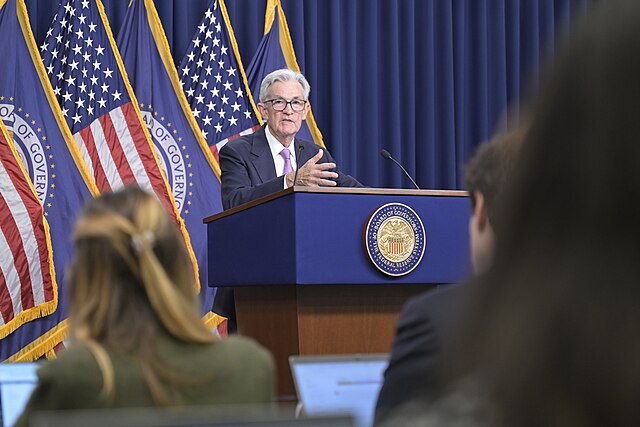Rule by ipse dixit

Steve Vladeck has more on the Supreme Court’s latest use of the shadow docket to effectively overrule decades of precedent while carving out exceptions where applying the new holding would be potentially inconvenient for the Republican Party:
But even if the Federal Reserve could be analogized to the First and Second National Banks, that doesn’t actually strengthen the case for an exception to the unitary executive theory; it undermines the theory itself. For if the Founders generally supported the existence of entities exercising at least some executive power that were headed by officers insulated to some degree from direct presidential control (as Professor Chabot has argued with respect to, e.g., the Sinking Fund Commission), then our “history and tradition” don’t actually support the unitary executive theory.
Nor am I especially persuaded by arguments like those advanced by my friend and University of Chicago law professor Will Baude, who suggested in the New York Times that “monetary policy is not necessarily executive power.” Even if that’s true (a matter of some debate), the issue is the way the Federal Reserve is structured today—in which there’s no distinction between the quasi-independent body that sets monetary policy and that takes various other actions that all agree are executive. Indeed, the article Baude cites in support of that proposition concedes that the Fed would have to be restructured by Congress to avoid being impacted by the overruling of Humphrey’s Executor—not that it can be distinguished as it’s structured today.
This, to me, is the broader problem with the Court’s ruling in Wilcox. Yes, the Court is doing too much through an unsigned and barely-explained order on the emergency docket. Yes, it is yet again mis-balancing the equities (in this case, by also mis-describing what the equities are). Those are, as regular readers will surely know by now, endemic problems on the shadow docket. But the discussion of the Federal Reserve gives away the substantive game because there’s no persuasive ground on which to distinguish the Fed at least as it’s currently structured.
And if the unitary executive theory is subject to exceptions for contexts in which the practical consequences of eliminating an agency’s independence would be too extreme, then it’s not much of a theory. Rather, it’s just a balancing test—for those agencies that are “too important” to be subject to direct, partisan political control and those that aren’t. Conceding that point would suggest that agency independence is not presumptively unconstitutional; and that one must do more than just wave their hands at the “unitary executive theory” to explain why dozens of statutes Congress has enacted over more than a century protecting different agencies and officers from direct presidential control are unconstitutional.
Nor is this the first time we’ve seen this problem. I’ve written before about how one of Justice O’Connor’s very last votes before she retired effectively undermined the entire analytical foundation of the modern Supreme Court’s jurisprudence respecting state sovereign immunity. Again, there are good practical arguments for the exception O’Connor supported (allowing Congress to subject non-consenting states to suit in cases in which they’re creditors in a bankruptcy). But for those who believe the Constitution should be interpreted pursuant to methodologies the defining virtue of which is that they produce one consistent, objective answer, each exception that the Court recognizes undermines the entire enterprise—especially when the exception appears to be retrofitted onto the theory, rather than baked into it.
Ultimately, theories with bespoke exceptions aren’t theories; they’re just preferences. And as much as that conclusion bothers me less than those who purportedly claim adherence to such theories, it also requires the justices to do more work—and to explain why, especially at this moment in American history, we should prefer a constitutional understanding under which a single person is given so much control over every facet of governance. One might think that our recent experience would push us to strike that balance differently—at least once we accept that it is a balance that courts are (and always have been) striking.
The Court’s “sovereign immunity” jurisprudence is indeed an excellent example — when your “theory” is anti-textual in the first place, there’s no reason not to carve out arbitrary exceptions when applying it would look bad in ways that attract attention. And so if the instinctive belief that the president should be king would allow the president to unilaterally tank the world economy, we can rediscover Congress’s interests in putting safeguards on removing personnel when it creates agencies that delegate power to the executive. No law, just vibes.


